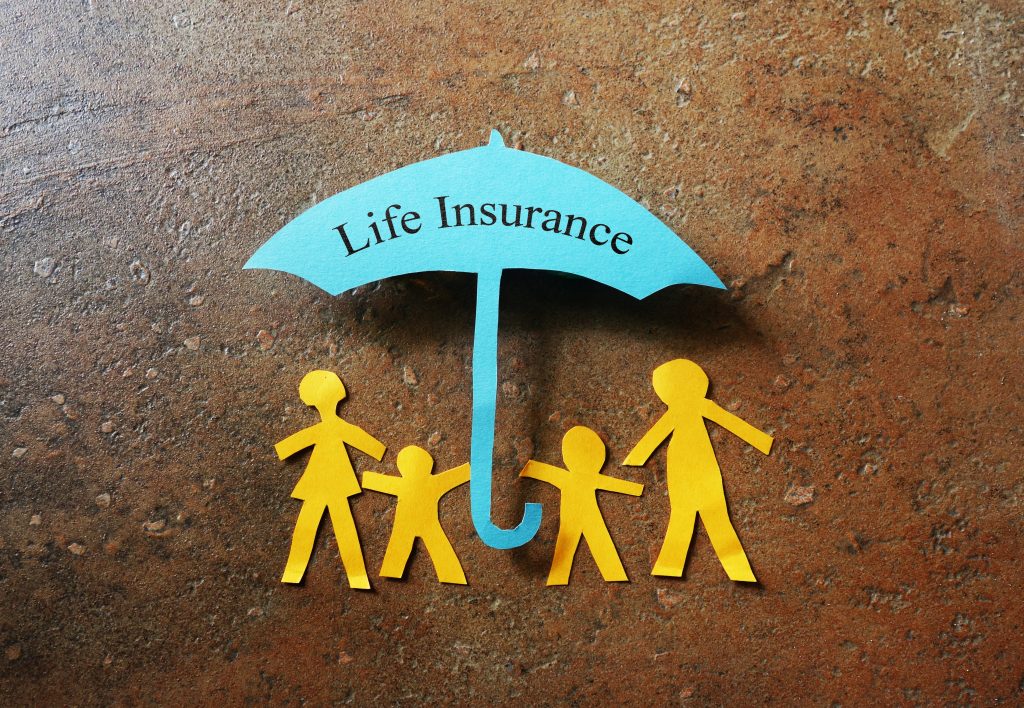While most people don’t like to think of it, death is an inevitable part of life. It happens to everyone at some point. While we can’t change that, we can prepare for it. It may be difficult to think about but planning for your death can help protect your loved ones. This includes life insurance planning. Navigating life insurance can be tricky but advisors in Northern Virginia can help you through the process.

Life Insurance Planning
Like most people, you may have loved ones who depend on you. What will happen to them when you die? Although it may be unpleasant, it’s important to consider these things. Life insurance can help ensure that your loved ones are taken care of after you die.
What is Life Insurance?
Simply put, life insurance is an agreement where an insurance company agrees to pay a specified amount after the death of an insured, so long as the premiums are paid and up to date. Life insurance policies give insured people assurance that their loved ones will have financial protection.
While it can be of great benefit, life insurance isn’t always right for everyone. If you don’t have any dependents and have enough money to cover your debts and death expenses, you probably don’t need life insurance. But, if you are the primary provider for your dependents, or have debt that outweighs your assets, insurance can help ensure that your loved ones are cared for after your death.
[Related: Modern Wealth Building]
Age is Just a Number
Contrary to popular belief, life insurance policies are not harder to get if you are older. Insurance companies make money by betting on how long people will live. Therefore, when you are young, your premiums are relatively cheap. If you die suddenly, the company must pay out and you were essentially a bad bet. As you age, you pay higher premiums because the increased risk of you dying makes the odds less attractive for the insurance companies.
So, while insurance is cheaper when you are younger, it doesn’t mean qualifying for a policy is easier. It is rare for insurance companies to refuse to cover someone who is willing to pay the premiums for their risk category.
Cash Value vs. Term Life
Insurance companies promote cash-value policies by offering commissions to the agents who sell them. If you try to surrender the policy, meaning you demand your savings portion back and cancel the insurance, an insurance company will often suggest that you take a loan from your own savings to continue paying the premiums. While this seems like an easy solution, the loan amount is subtracted from your death benefits if it is not paid back by the time of your death.
Term Insurance
Term insurance is simple. You buy a policy that pays out if you die during the period of time in which the policy is in force. If you have a term life policy that expires in 40 years, and you die in year 38, your beneficiary gets the death benefits. If you don’t die during the time period, your beneficiaries get nothing.
The purpose of this insurance is to hold you over until you become self-insured by your assets. However, it is not always a good fit for everyone. While it depends greatly on the specifics of each person’s situation, most people are best served by a renewable and convertible term insurance policy. This policy offers just as much coverage, is cheaper than cash-value policies, and usually available at competitive rates.
Renewable and Convertible
The renewable clause in a term life insurance policy allows you to renew your policy at a set rate without the need for a medical exam. This means that if an insured person is diagnosed with a fatal disease and the existing term runs out, they can renew the policy at a competitive rate instead of paying the higher risk premium.
Convertible insurance policies provide an option to change the face value of the policy into a cash-value policy offered by the insurer in case you reach 65 and are not self-insured. Even if you plan to have enough retirement income, it is better to be safe than sorry. Furthermore, the premium is typically very affordable.
Calculating Life Insurance Needs
One of the most important factors in choosing a life insurance policy is determining how much money your dependents will need. Choosing the face value (the amount your policy pays if you die) will depend on several factors. First, consider your debt. Your debts must be paid off in full. This includes loans, mortgages, credit cards, etc. If you have $250,000 in debt, you need at least that much in your policy. Accounting for interest also needs to be included.
Next, look at income replacement. If you are the sole provider, you need a policy pay out that is large enough to replace your income and buffer against inflation.
Finally, let’s look at insuring other people. Do you need to insure other people? Typically, you should only insure people whose death would mean a financial loss to you. While the death of a child is devastating, it does not constitute a financial cost. However, the death of an income-earning spouse, a spouse that is caring for children or a business partner does create a financial loss or cost to replace their labor. These people should be insured. It is wise to talk these things over with your financial advisor to ensure that you choose an adequate insurance amount that covers the right people in your life.
[Related: Estate Planning Advice 2021]
Life Insurance Alternatives
If you have no dependents and are only getting life insurance to cover debts, there are alternatives available. Lending institutions offer insurance deductibles on your outstanding balances. This often amounts to a few dollars each month and if you die, the policy will pay that particular debt in full. Just remember that if you opt for this coverage, subtract that debt from your life insurance calculations to avoid being doubly insured.
Insurance Planning in Northern Virginia
The bottom line is, if your need life insurance, knowing what kind and how much is important. There are a lot of factors to consider. There is no one-size-fits-all option. Your needs will depend on your specific situation. While it may seem like a difficult task, a financial advisor can help you with your insurance planning in Northern Virginia. Contact the Argent Bridge Advisors team today to learn more.




